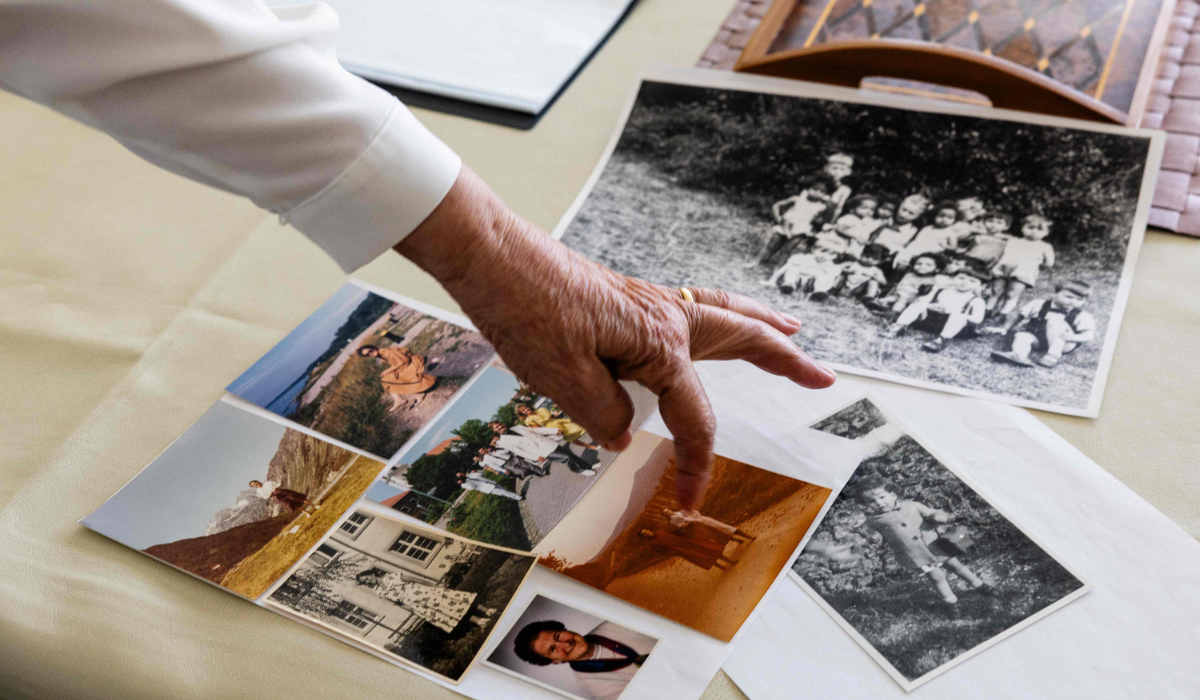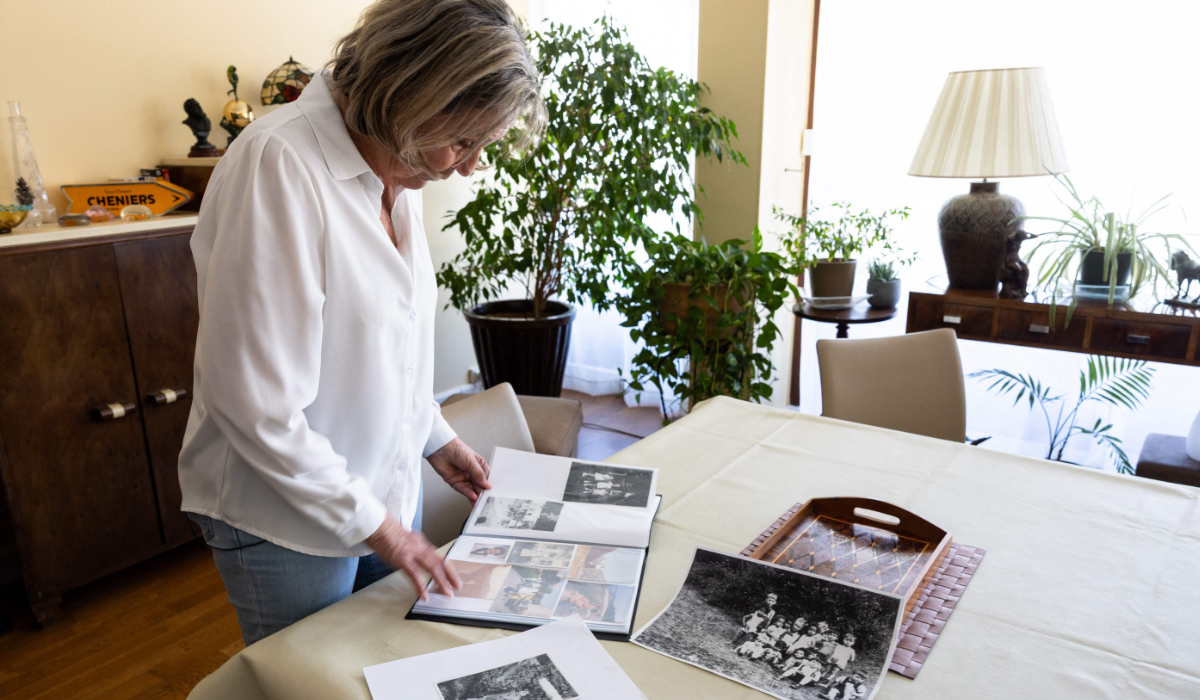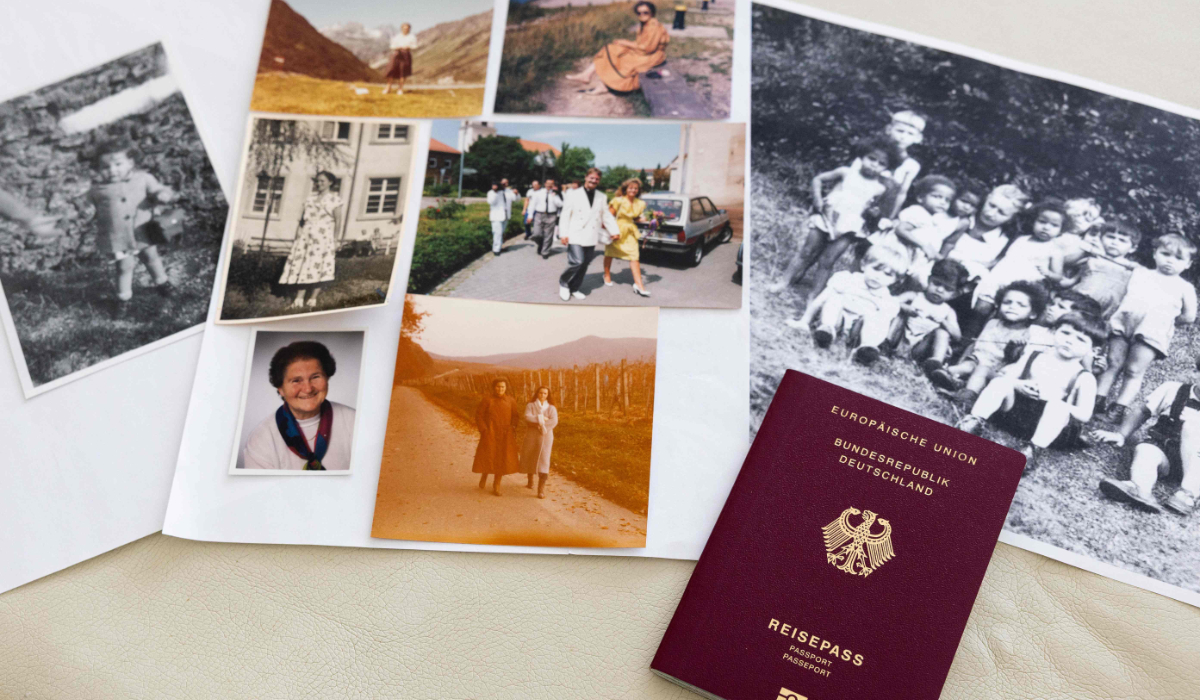RIYADH: The Supervisor General of King Salman Humanitarian Aid and Relief Center Dr. Abdullah bin Abdulaziz Al-Rabeeah participated in a meeting on Sudan on the sidelines of the United Nations General Assembly in New York on Wednesday.
The meeting, called “The Cost of Inaction - Urgent and Collective Support to Scale Up the Humanitarian Response in Sudan and the Region,” aimed to strengthen support for the humanitarian response in Sudan and the region.
Representatives from Saudi Arabia, Egypt, the US, the European Union, and the African Union took part in the high-level event.
Al-Rabeeah said Saudi Arabia is fully aware of its duty toward Sudan and has “made great efforts since the beginning of the crisis in order to find means to bring hope back to” the country.
“This includes the Jeddah declaration for the protection of civilians, as well as humanitarian access. There have also been efforts made on behalf of the working group to save lives and bring peace to Sudan so that we can reach thousands of people in Darfur.”
“However, the escalation of violence that has recently been seen in a number of regions has caused even further damage, which has pushed millions of people to flee their homes, leaving behind their families and their possessions,” he said.
Al-Rabeeah added that the Kingdom has allocated $3 billion of assistance to the country which has been distributed among the various regions and humanitarian sectors.
He said that KSrelief, even before the outbreak of the crisis in April 2023, had shifted toward implementing more sustainable interventions.
“The worsening of the security situation has, however, impacted the progress that had been made, which has required further efforts on our part. We have redoubled our efforts and stepped up our contributions. Since April 2023, we have launched a number of projects amounting to $73 million dollars,” the head of KSrelief said.
Al-Rabeeah said that the Kingdom, together with the UN and other humanitarian organizations, has brought in assistance through land and sea routes.
“We are providing support to the government and also carrying out a campaign to assist the Sudanese people with contributions above $125 million dollars.
“However, despite all of these efforts made by our country, challenges remain, and the crisis requires coordinated efforts in order to bring unhindered humanitarian access to the country and provide a sustainable and coordinated response, as well as safe and unhindered access to areas affected by conflict.
“The international humanitarian community must bring a response to this humanitarian crisis in Sudan that goes beyond any political considerations. This is a humanitarian tragedy that requires us to overcome existing divisions,” he said.
Al-Rabeeah added that the Kingdom is making significant efforts to make sure that the necessary assistance is delivered to the Sudanese people.






























